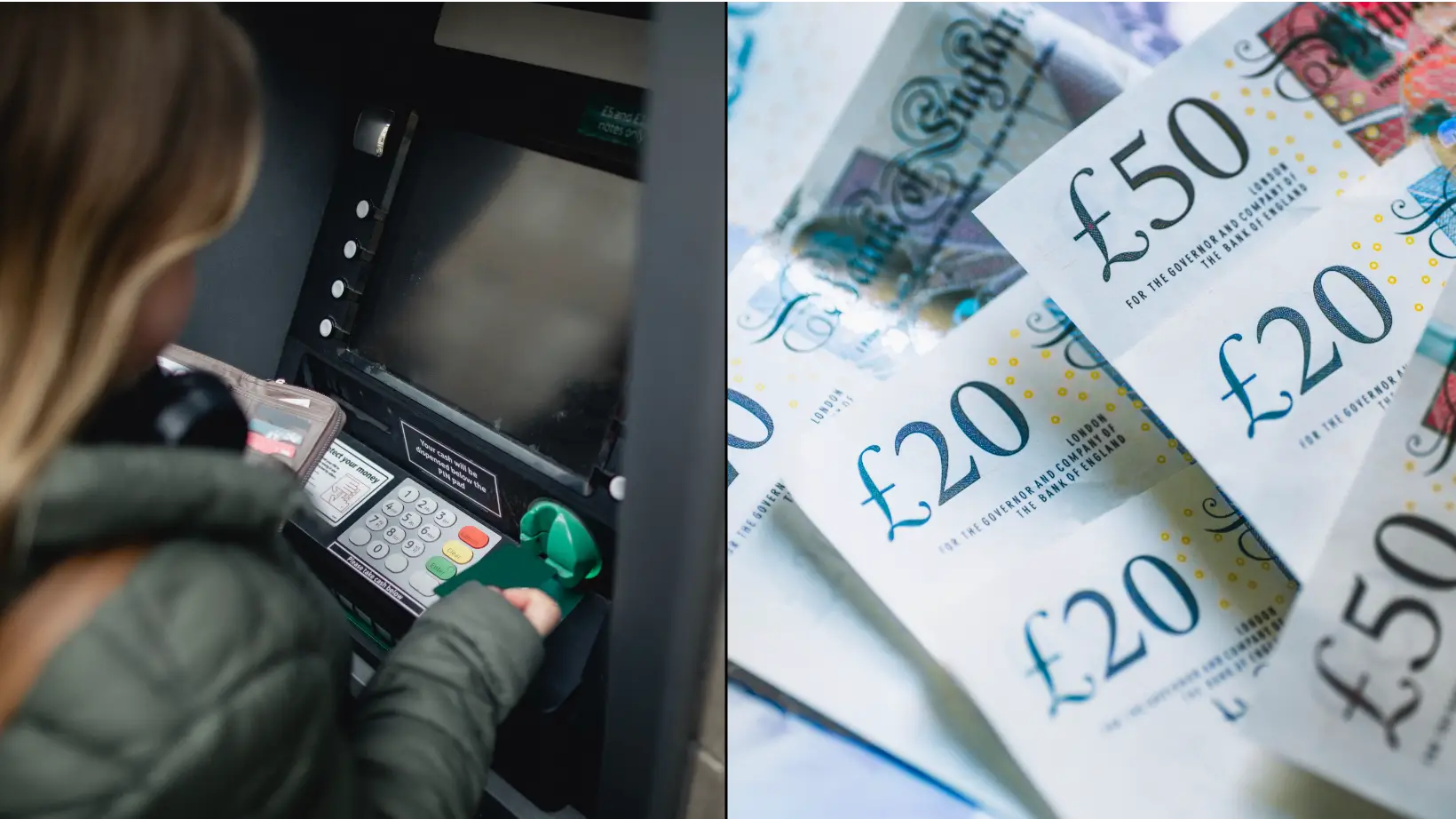
It won't be long before Brits are getting a little bit of extra money in their pocket each month as changes to National Insurance kick in.
The government announced in their autumn budget that they'd be reducing the National Insurance rate, and the date the change comes into effect is 6 January.
Working Brits get charged for National Insurance a bit like income tax, but the money is allocated towards some of the safety nets built into society.

Advert
The money raised by National Insurance goes towards paying for pensions, Jobseeker's Allowance, Employment and Support Allowance, Maternity Allowance and towards bereavement support.
If you're a salaried employee then you'll pay into all of these, while money from people who are self-employed will only go towards some of these.
At the moment you pay nothing on the first £242 you earn in a week, 12 percent of whatever you earn between £242.01 and £967 and if you earn anything over that a week then it's another two percent beyond that.
As an example of how it works, if you earned £1,000 a week (you lucky so-and-so) then you'd pay nothing on the first £242, £87 as your main rate of National Insurance and then an extra 66p on that final chunk of weekly earnings.
What the changes coming in on 6 January do is knock that main rate down from 12 percent to 10.
In the above example that reduction means the person earning £1,000 a week would now pay £72.50 on their earnings between £242.01 and £967, meaning they'd have an extra £14.50 in their pocket each week.
As for what this means for the average Brit over the course of a year, the UK's average salary is £35,000 and this change will save this most average of Brits about £450 a year.
The change will impact 27 million people aged between 16 and the state pension age, as Brits who work beyond pension age no longer pay National Insurance.

Prime Minister Rishi Sunak, who today (4 January) said he has a 'working assumption' that he's going to call a general election in the second half of 2024, told a crowd in Mansfield about the imminent cut to National Insurance.
He said: "This Saturday, a big tax cut is coming in, every working person across the country is going to benefit from it. It’s worth £450 to an average person in work on the average salary.
"We want to do more because as we manage the economy responsibly, we can cut your taxes, give you and your family peace of mind, immediate relief from some of the challenges you’re facing and confidence that the future is going to be better for you and your children.
"That is the journey that we’re on."
However, according to Payscale the average salary in Mansfield is £26,000, so the people he spoke to might not be saving as much as that £450.